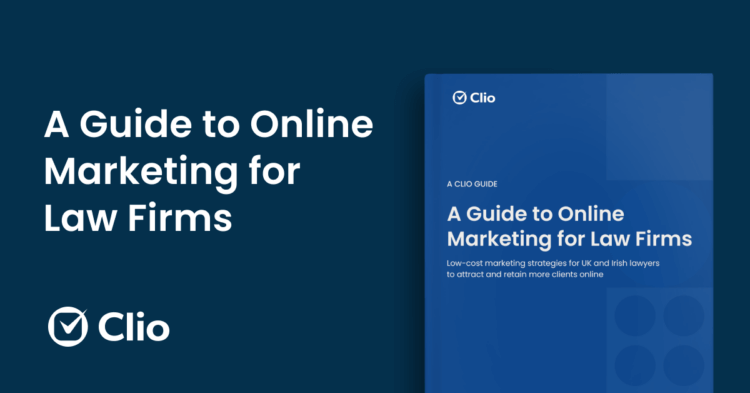What’s the first thing you do when you’re looking for a new product or professional service? You Google it. Whether it’s to check credentials, find contact details, or read reviews, the internet is the first port of call. In fact, A 2025 Shapo.io report found that 85% of consumers trust online reviews as much as personal recommendations. So, how can lawyers take control of their digital first impression?
Let’s start with a simple test. Search for your name and your firm’s name online. Try a few variations—like “Jane Smith solicitor” and “Smith & Co Legal.” What shows up? If you’re seeing your website, LinkedIn, or professional directory listings, that’s a good start. But if you spot outdated info, dodgy reviews, or content that’s completely off-brand, it’s time to take action.
Step 1: Be proactive – Ask for reviews (the right way)
In legal services—where stakes are high and stress levels are higher—it’s often the happiest clients who are most inclined to leave reviews. But they won’t do it unless you ask.
Make requesting feedback part of your client offboarding process. A quick message along the lines of “Thanks again—if you’ve got a moment, I’d really appreciate a Google review” does wonders. Yes, it may feel a bit cheeky at first, but it’s perfectly acceptable—and effective.
Just make sure the feedback is genuine and unprompted. Under Competition and Markets Authority guidelines, offering incentives for positive reviews is a big no-no.
Step 2: Be positive – Respond gracefully to negative reviews
Even the most diligent, client-focused solicitor will get a negative review at some point. The law is rarely black and white, outcomes can be uncertain, and not all clients are reasonable.
But here’s the good news: one bad review doesn’t define your reputation—how you handle it does.
Always reply professionally. Acknowledge their frustration, express regret, and invite them to contact your office directly. It shows the world you’re open to feedback and genuinely care about client satisfaction.
Important: Don’t disclose confidential information, even if the client seems to have waived privilege. Keep it classy, keep it compliant.
Oh, and while we’re at it—never fake reviews. Review sites are savvy to spam tactics, and getting caught can do real damage to your credibility.
You may like these posts
Step 3: Tackle third-party sites (if needed)
In rare cases, a disgruntled client might go full vigilante—launching a blog or website just to discredit you. It’s dramatic, but it happens.
If you find yourself the target of this kind of online campaign, the best immediate remedy is overwhelming positive content. If things escalate, you might need help from an expert in domain name disputes or online defamation law.
Step 4: Be prolific – Build positive content
There’s an old saying in marketing: “Long copy sells.” The more credible, useful content you have online, the more reassured potential clients will feel.
Today’s consumers are review-savvy. No reviews is a red flag. A single bad review amongst a sea of five-star feedback? Not so much.
So start building your presence:
-
Publish blog posts that answer common client questions.
-
Keep your LinkedIn and legal directories up to date.
-
Share helpful insights on social media.
-
Encourage happy clients to leave reviews on Google and other relevant sites.
Think of it as controlling the narrative. You don’t need to erase the occasional bad review—you just need to ensure it’s not the only thing people find.
Bottom line: Own your story
Online reputation management isn’t about perfection—it’s about presence, professionalism, and persistence.
Set up your own platforms. Respond to feedback, both good and bad. And keep producing content that reflects the kind of lawyer you are: capable, thoughtful, and committed to your clients.
Your future clients will Google you. Make sure what they find inspires confidence.
Want more practical tips? Download our free guide to online marketing for lawyers.
We published this blog post in January 2019. Last updated: .
Posted in: Business
A Lawyer’s Guide to Online Marketing
Master online marketing to increase brand awareness and earn more clients.
Get this free marketing guide






